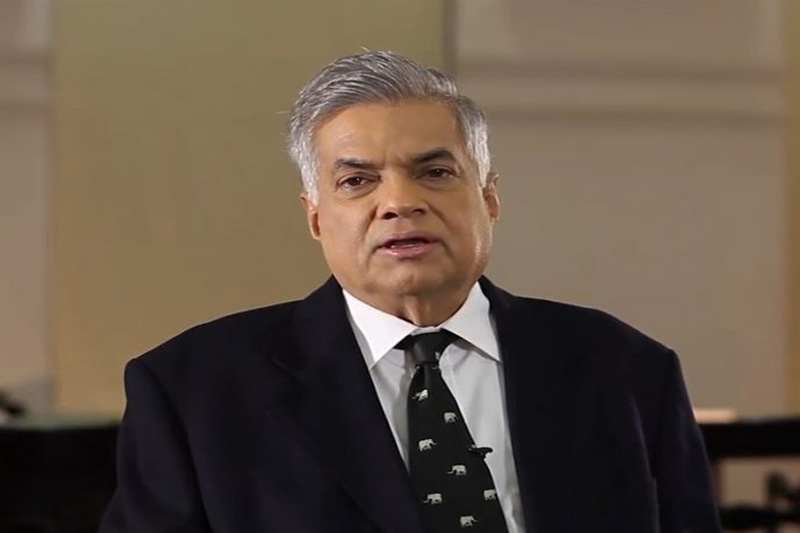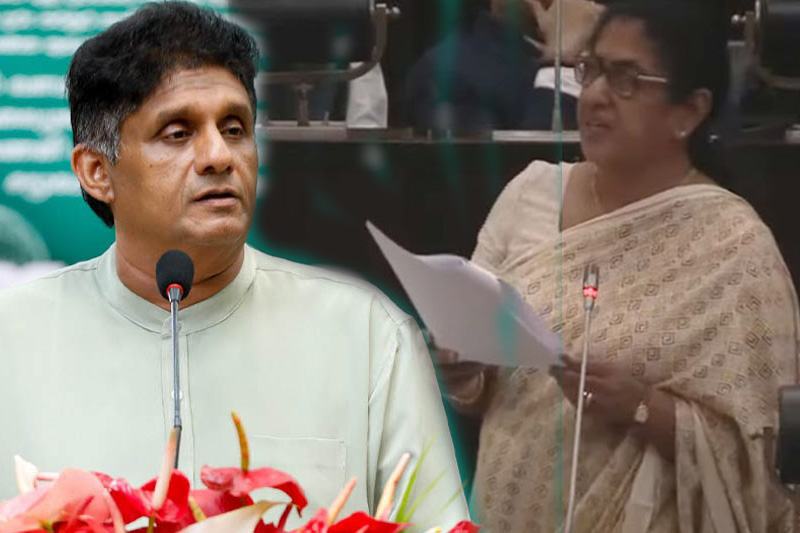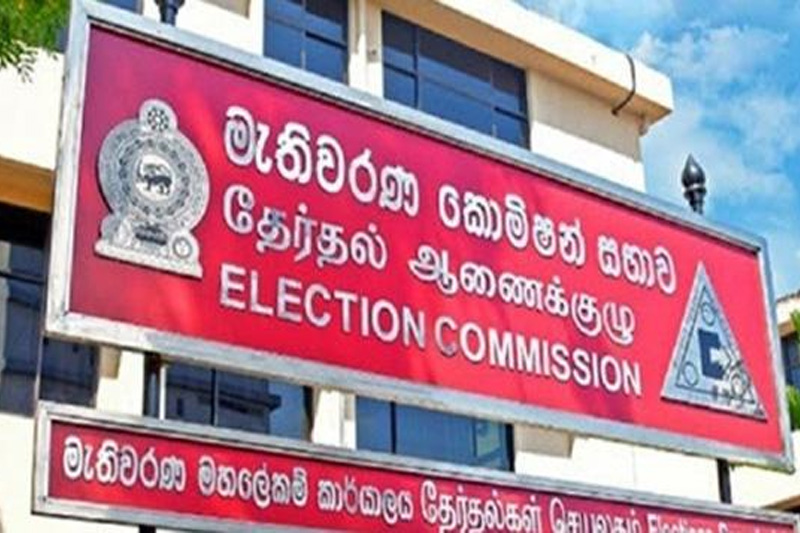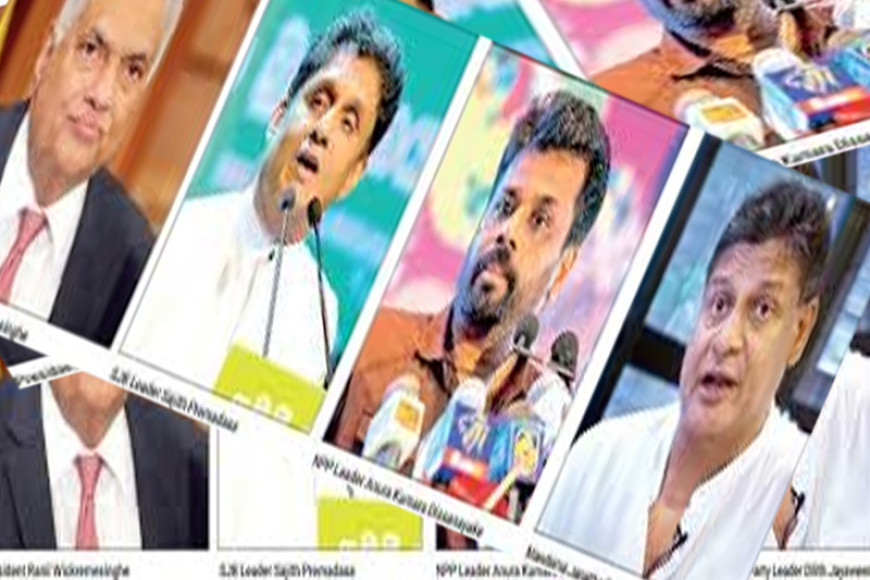By Rohana Jith
As the race for the Presidential Election heads towards its conclusion, the leading candidates have centered their campaigns on the country's ongoing socioeconomic crisis.
The president-elect, following the results on September 21, will face a significant legal challenge: the necessity to dissolve parliament on the night of the inauguration and call for parliamentary elections.
This requirement stems from a Supreme Court directive to the Election Commission, instructing it to expedite the Local Government elections.
Legal experts assert that the Election Commission must prioritize the local elections before any other, making it impossible for the newly elected president to dissolve parliament and call a general election immediately.
This directive was issued by a five-judge bench of the Supreme Court, led by Chief Justice Jayantha Jayasuriya, emphasizing that the Local Government elections should be conducted as soon as possible.
The Supreme Court's ruling also addressed a broader issue: the violation of citizens' Fundamental Rights due to the government's failure to hold the Local Government elections, which were initially scheduled for March 9 of the previous year.
This ruling is consistent with longstanding legal precedents affirming that the right to vote is an inviolable right, both collectively and individually.
The Court specifically found President Wickremesinghe, who also serves as Minister of Finance, and the Election Commission responsible for this failure. Despite the Court's decision, President Wickremesinghe maintained his stance, arguing that the past months were crucial for ensuring the people's safety and economic stability.

However, his framing of the choice as between the economy and elections has been criticized as a false narrative.
Wickremesinghe has defended his actions by asserting that the country needed every available moment to address the economic crisis, questioning whether any nation has recovered from such devastation in just two years.
He also tried to differentiate between Local Government elections and Presidential or Parliamentary elections, claiming the latter are more significant exercises of the people’s right to vote.
However, this distinction is not supported by the constitutional framework, and the President's comparison has been labeled as misleading.
The Supreme Court noted that while Local Government Elections are not explicitly mentioned in certain constitutional articles, the broader principle of the right to vote applies.
The Court highlighted that even though there might be some opinions suggesting that local elections do not fall under the same constitutional protection as national elections, this interpretation is too narrow.
The Court emphasized that the term "franchise" has a broader meaning, and limiting it to only national elections would be erroneous.
A central issue of the Court's discontent was the government’s failure to allocate the necessary budget for holding the elections, which was seen as a dangerous precedent.
The Court questioned whether the state could justify violating citizens' rights by claiming a lack of funds, to which it firmly responded in the negative.
Meanwhile, political maneuvering continues unabated. Politicians and parliamentarians have been switching allegiances, with some moving to support President Wickremesinghe.
Among them are Ali Zahir Mowlana from the SLMC (Batticaloa district) and Vadivel Suresh, previously from the SJB (Badulla district), who were recently appointed as Minister of Development Projects (without cabinet rank) and State Minister of Labour, respectively. Matale district MP Karunadasa Kodituwakku has crossed over to the SJB, declaring his support for Sajith Premadasa.
Political figures often justify these shifts as being in the country's best interest. For instance, Angajan Ramanathan, Vice President of the SLPP in the Jaffna district, has also declared his support for Wickremesinghe.
A more notable political event was the resignation of SJB parliamentarian Thalatha Athukorala, who publicly criticized Premadasa, her former leader. It is expected that three other SJB MPs will also shift their allegiance to strengthen the position of Independent candidate President Wickremesinghe at the UNP general convention.

The campaign is gaining momentum, particularly among the three leading candidates—Ranil Wickremesinghe, Sajith Premadasa, and Anura Kumara Dissanayake. Namal Rajapaksa, a late entry, is also drawing large crowds at rallies.
However, unlike previous elections, crowd turnout alone may not determine the winner, as the Sri Lankan electorate has become more politically astute and eager to evaluate candidates based on their platforms.
One of the key issues in this election is the country's economic crisis, specifically the renegotiation of Sri Lanka’s deal with the International Monetary Fund (IMF), which is the foundation of the nation's debt restructuring program.
Opposition Leader and SJB presidential candidate Sajith Premadasa, along with JVP-led NPP Leader Anura Kumara Dissanayake (AKD), have both pledged to renegotiate the IMF deal if elected.
However, they have not yet outlined alternative plans for Sri Lanka during the renegotiation period or how they would handle the suspension of debt restructuring agreements until a new IMF program is finalized.
IMF Senior Mission Chief Peter Breuer has commented on these discussions, emphasizing that IMF programs include periodic reviews, which offer opportunities to reassess and adjust the program to ensure its objectives are met.
Breuer noted that while Sri Lanka has made progress under the current program, the path to recovery remains precarious. He highlighted the importance of maintaining fiscal discipline, including achieving a primary balance of no less than 2.3 percent of GDP by 2025, based on realistic budget assumptions.
President Wickremesinghe has also weighed in on the IMF debate, signaling that the government has proposed several amendments to the ongoing tax program due to improving economic conditions.
While some IMF conditions have placed significant burdens on the public, there is concern that some candidates are not focusing on building upon the current economic position to provide relief while continuing to stabilize and grow the economy.
The talk of renegotiating or suspending the IMF program has undoubtedly caused concern within the IMF team regarding Sri Lanka's economic future.
Amid these developments, a noteworthy event was the National Visionary Summit organized by a group affiliated with the SJB in Colombo. The summit featured keynote addresses by prominent Indians, Dr. Montek Singh Ahluwalia and T. Krishnakumar, with Premadasa presiding over the event.
The discussions focused on Sri Lanka’s economic future, with Dr. Ahluwalia emphasizing the importance of debt restructuring and credible economic planning.
In his speech, Dr. Ahluwalia acknowledged that not all planned actions would materialize but stressed the importance of having a credible set of steps that would build confidence in the international community.
He concluded by stating that Sri Lanka is well-positioned to make a successful economic transition despite global challenges.
In light of last week’s Supreme Court verdict, the country is expected to witness a series of elections following the Presidential Election on September 21.
The Election Commission is anticipated to make decisions on holding the postponed Local Government Elections in the coming week. The Supreme Court's verdict criticized the President, in his capacity as Finance Minister, and the Election Commission for not holding the elections on time, asserting that they had violated fundamental rights.

The victor in the Presidential Election, whether it be Wickremesinghe, Premadasa, or Dissanayake, is likely to dissolve Parliament and call for Parliamentary Elections soon after taking office to secure a fresh mandate.
Therefore, Sri Lanka is poised to hold both the delayed Local Government Elections and early Parliamentary Elections in the coming months.
Historically, Sri Lankan governments have not always adhered to Supreme Court rulings. For instance, in 1999, Brigadier Parry Liyanage's Fundamental Rights petition regarding his promotion was upheld by the Supreme Court, but then-President Chandrika Bandaranaike Kumaratunga did not approve the promotion despite the court's directive.
Other examples include non-compliance with Supreme Court rulings related to impeachment motions and fuel prices during the tenures of former Presidents Kumaratunga and Mahinda Rajapaksa, as well as President Wickremesinghe.
These precedents suggest that despite the Supreme Court’s recent directives, the political landscape in Sri Lanka remains complex, and the adherence to judicial rulings by the government remains a contentious issue.
As the country heads into a series of critical elections, the interplay between legal mandates and political strategy will continue to shape Sri Lanka's future.



